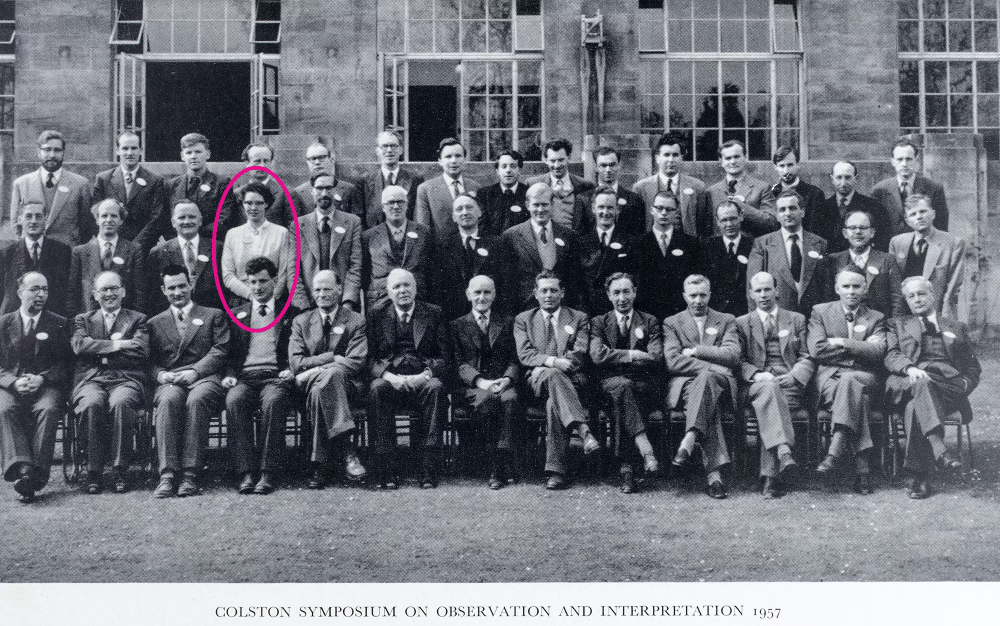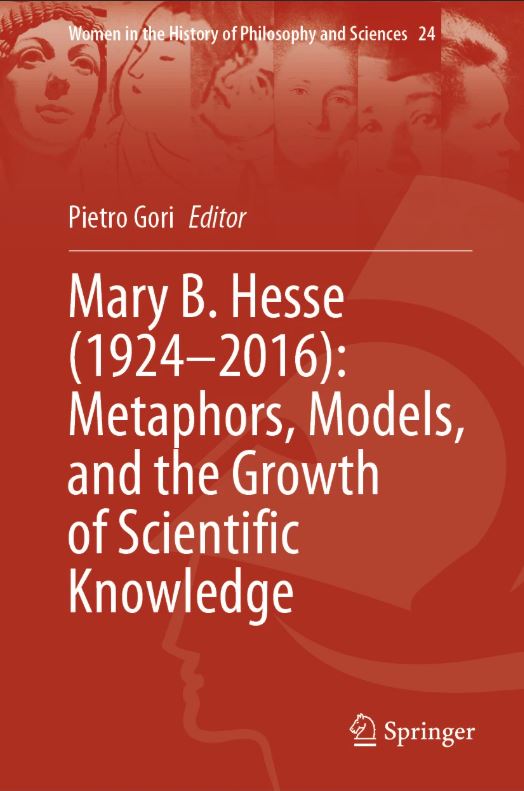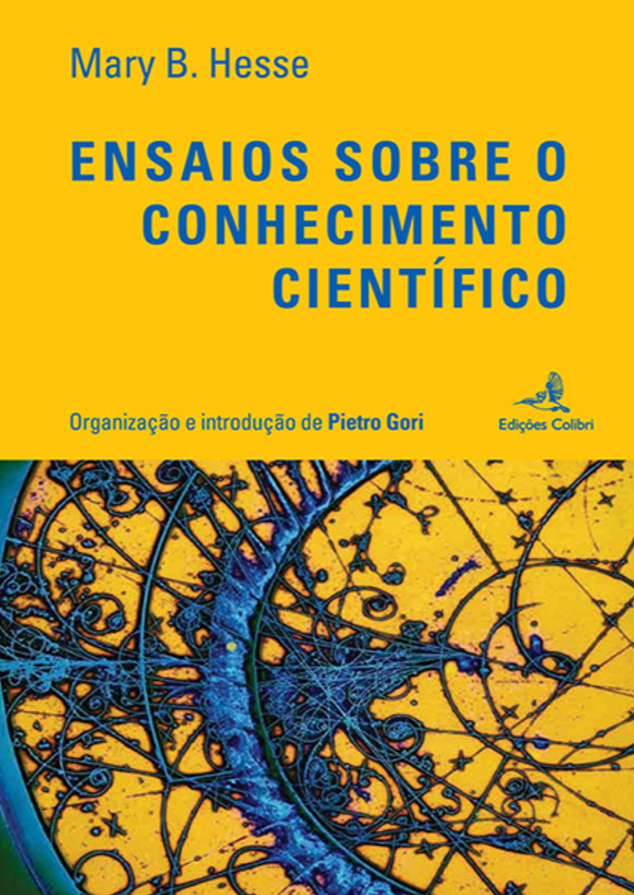Categories
Tag: women in science
Categories
New publication
The volume “Ensaios sobre o conhecimento científico“, edited by Pietro Gori, has recently been published, collecting selected texts by Mary Hesse translated into Portuguese for the first time.
The essays published in this volume outline the theoretical path developed by Mary Hesse and show the challenges that her view of scientific knowledge pose for contemporary philosophy.
As much as the work of well-known authors such as Paul Feyerabend and Thomas Kuhn, Hesse’s philosophical reflections stimulated the debate on the value and limits of scientific knowledge and contributed to the development of a broader approach to classic questions in the philosophy of science, an approach that includes methodologies and theoretical content from other disciplines: primarily the history of science, but also sociology and hermeneutics.
Further information on the volume can be found here.
On 11 November 2024 at the Center for Philosophy of Science of the University of Lisbon (CFCUL), María de Paz (Univ. Seville), Silvia di Marco (CFCUL), and Pietro Gori (IFILNOVA) will meet to discuss about Mary Hesse’s view of scientific knowledge.
During the meeting will be launched the book “Ensaios sobre o conhecimento científico” (Colibri, Lisboa; ed. P. Gori), that collects key papers on scientific knowledge by Mary Hesse, translated for the first time into portuguese.
The meeting will take place at the Faculty of Science of the University of Lisbon, room 6.2.44, starting 4 PM.
Categories
Diectory entry on Hesse
Helene Scott-Fordsmand has recently contributed an insightful directory entry on Mary Hesse (1924-2016) for the Directory of Women Philosophers.
Follow this link to read Helene’s account of Hesse’s legacy and her impact on modern philosophy.
Categories
Nice article on Hesse
The 2022 article “The lady vanishes” by Ann-Sophie Barwich, published on the online magazine AEON, is devoted to Mary Hesse. It is an interesting peice where Barwich argues that “the overwhelming absence of women in intellectual history is constructed. And we won’t prevent the fading of women from future history simply with an occasional reminder about the existence of a few remarkable individuals throughout the ages. What really causes our collective forgetting is the stepwise removal of their names from ongoing conversation.” For Barwich, “the story of Mary Hesse shows how quickly even well-known women from our recent past can vanish from the collective memory of their peers.”
Hesse was different. Her ideas present a refreshing departure from her contemporaries’ single-minded infatuation with the logic and justification of scientific knowledge and the idea that the rationality of philosophers ruled the foundation of science.



